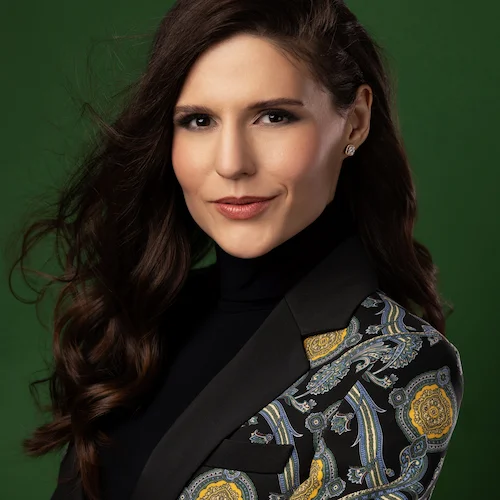No matter which business conference I attended, in the last couple of years, I have heard the same recurrent issue. HR executives, business owners and entrepreneurs complaining about the same problem: they cannot attract nor retain young talent.
Even more so, there are entire conferences organized on this particular subject. The conversation usually unfolds as such: “We do not understand millennials!”, “They have no values!”, “You cannot get them to work!”, “All they want to do is slack off and check Facebook!”. In such a fickle context, there is only one thing a true business leader can do and that is understand the differences between generations, learn their language and their values in order to become a good leader to them. One must first understand the differences between X,Y and Z. Millennials are the people born between early 1980s and late 1990s to early 2000s. Generation Z are the people born after millennials, starting late 1990s or early 2000s. They will usually be employed by generation X (early to mid-1960s – late 1970s early 1980s) and baby boomers (early to mid-1940s – mid 1960s).
When trying to work with young talent you must absolutely keep in mind the following:
- Values
Baby Boomers always valued hard work and a big paycheck. Initially, because they wanted to be independent and afterwards because they developed a taste for consumption and accumulation. Millennials differ from their Boomer parents because they are more value driven and tend to believe other factors are more important that money, such as freedom, opportunities, meaningful work, fun and wellness. As for Generation X, being in the middle, they share values from both sides. They value the financial aspect, but also share the need for meaning and mental fulfillment in their jobs.
- Expectations from a “job”
Jobs expectations differ in meaning from one generation to another. While Baby Boomers and Generation X can draw the line between their professional and their personal lives, for Millennials this is much harder to do. Their job has a bigger meaning in their lives, that is why they change it often in order to find the right place where they feel important and valued.
- Entrepreneurial aspirations
Millennials and Generation Z have bigger entrepreneurial aspirations due to the media, the online and all the information that comes their way. They need an environment that meets their aspirations and expectations and often require small self-coordinated projects and a flexible system. They will not feel satisfied in a complicated hierarchical system, mostly because these two generations need to feel like they can contribute and have an overall positive impact in the organization.
- Work space
The workspace for Millennials and Generation Z definitely does not include cubicles. They enjoy open spaces, natural light, a suite of amenities, coffee, acoustic controls, access to different types of food/ food stores. As for their personal desk, they value technology and tech-savvy companies as well as the ergonomics of the desk.
- Feedback
Feedback is an important part in communicating with Millennials and Generation Z. As a boss/ manager/ CEO/ owner you need to give this process the same meaning and importance. You need to take time and appreciate the employee, give positive feedback and prepare reasoned and tactful opinions when you give negative feedback. These two generations value advice and workplace help regarding the administrative part of their lives such as: paperwork, housing, rent, health and any other topic they might be struggling with. If the conversation proves meaningful, they will show you they are the most open minded and out of the box generations.
Finally, if you want to thrive on the market, you will need to hire young talent. There is no point in you opposing this fact. You, as the employer, as the HR manager, as the entrepreneur, need to be much more than a boss, you need to be a leader, provide a vision, you need to be a coach, a counselor, even a parent to these people if they require. It is only then when you manage to be all of those things that you will reap the maximum rewards from hiring a millennial or a representative of generation Z.
Overall, as the behavior of the work force changes, the behavior of the boss needs to change as well. Will you take up that challenge? Are you willing to become a boss of the future?


